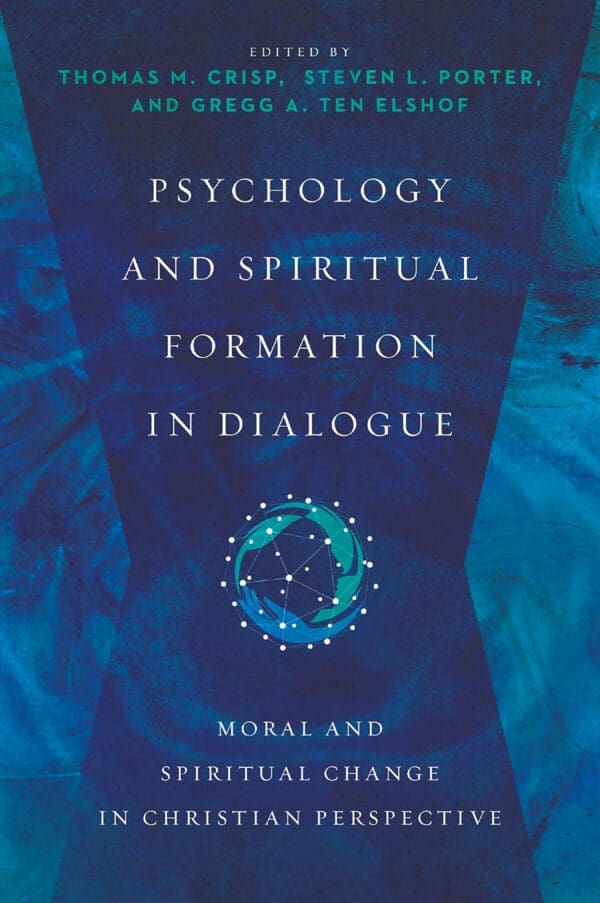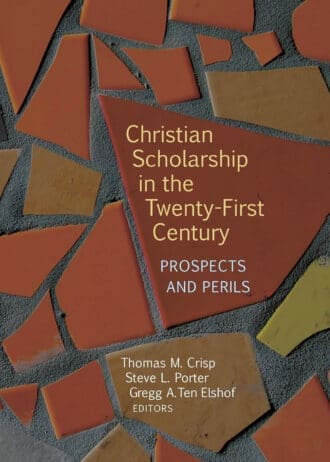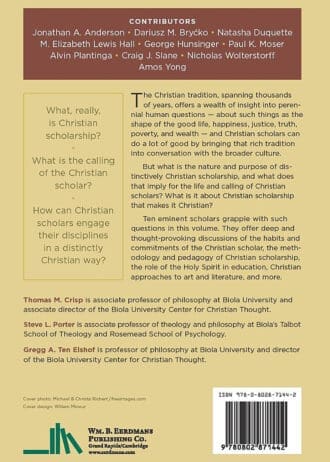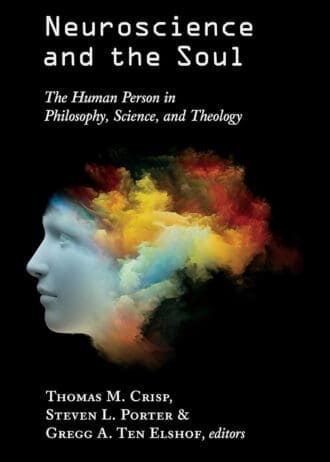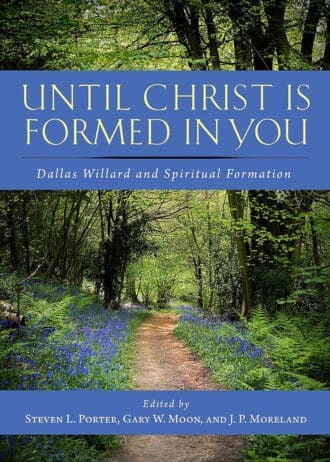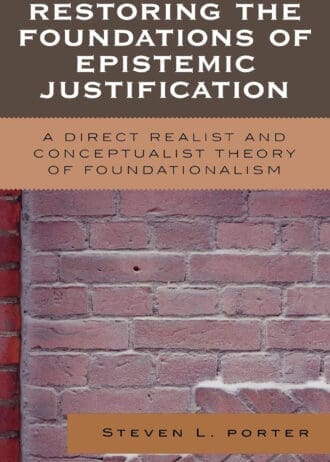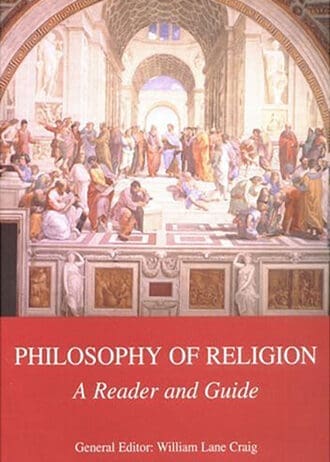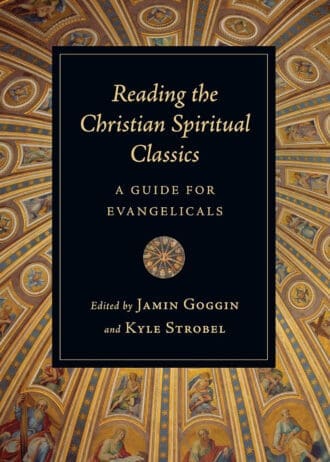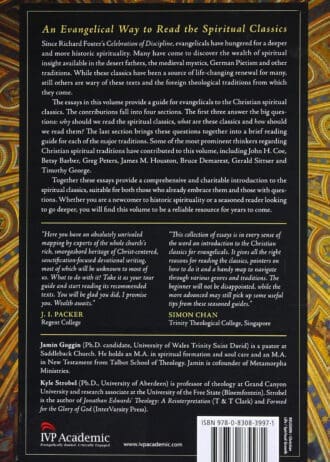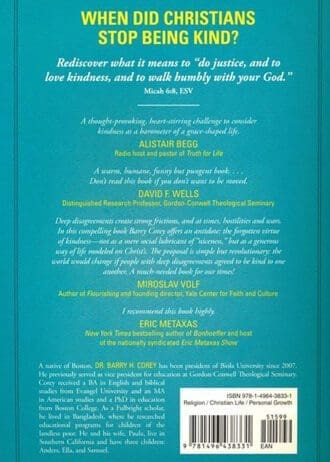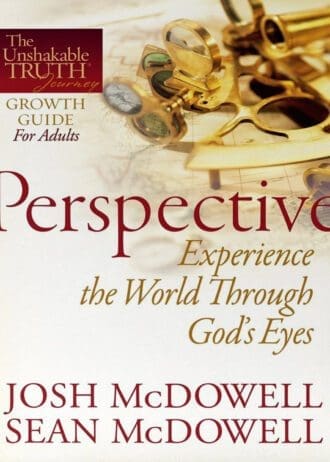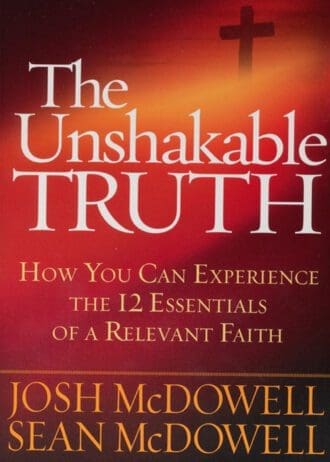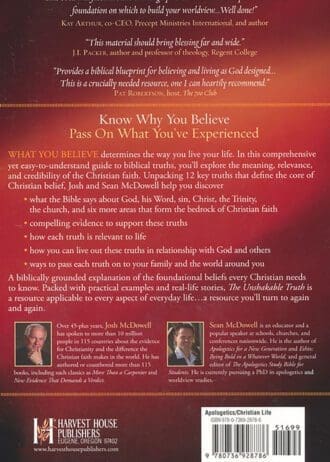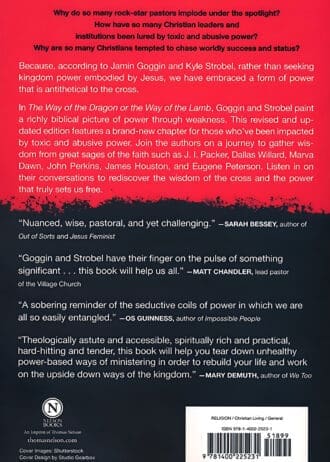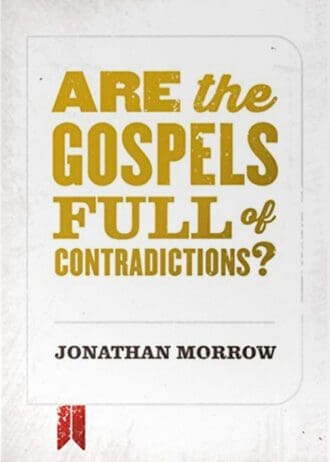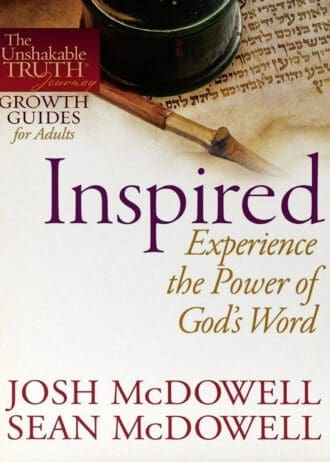Can the phenomena of the human mind be separated from the practices of spiritual formation—of growing to have the mind of Christ? Research into the nature of moral and spiritual change has revived in recent years in the worlds of psychology on one hand and theology and philosophy on the other. But psychology and spiritual formation draw upon distinct bodies of research and theory grounded in different methodologies, resulting in conversation that has suffered from a lack of interdisciplinary cross-pollination. Rooted in a year-long discussion held by Biola University’s Center for Christian Thought (CCT), this volume bridges the gaps caused by professional specialization among psychology, theology, and philosophy. Each essay was forged out of an integrative discussion among theologians, psychologists, philosophers, New Testament scholars, educators, and pastors around the CCT seminar table. Topics that emerged included relational and developmental spirituality, moral virtue and judgment, and suffering and trauma. Psychology and Spiritual Formation in Dialogue speaks across disciplinary divides, fostering fruitful conversation for fresh insights into the nature and dynamics of personal spiritual change. Contributors include:
- Justin L. Barrett, School of Psychology, Fuller Theological Seminary
- Earl D. Bland, Rosemead School of Psychology, Biola University
- Ellen T. Charry, Princeton Seminary
- John H. Coe, Biola University
- Robert A. Emmons, University of California, Davis
- Stephen Evans, Baylor University
- Bruce Hindmarsh, Regent College, Vancouver
- Marie T. Hoffman, New York University
- James M. Houston, Regent College, Vancouver
- Steven J. Sandage, David R. Paine, and Jonathan Morgan, Boston University
- Siang Yang Tan, School of Psychology, Fuller Theological Seminary
- Everett L. Worthington, Jr., Brandon J. Griffin, and Caroline R. Lavelock, Virginia Commonwealth University
Edited by:
- Thomas M. Crisp, professor of philosophy, Biola University
- Steve L. Porter, professor of theology, spiritual formation, and philosophy, Talbot School of Theology and Rosemead School of Psychology, Biola University
- Gregg Ten Elshof, professor of philosophy, Biola University
Christian Association for Psychological Studies (CAPS) Books explore how Christianity relates to mental health and behavioral sciences including psychology, counseling, social work, and marriage and family therapy in order to equip Christian clinicians to support the well-being of their clients.
Editorial Reviews
Pondering these essays on spiritual maturation was perturbing and gratifying. It requires dialogue that disturbs our disciplinary comfort zones to realize holistic Christian practice. The challenge of ministry in our age is to further an understanding of how human persons are transformed, not merely morally and spirituality, but toward genuine Christlikeness.
Stephen P. Greggo, professor of counseling, Trinity Evangelical Divinity School, Deerfield, IL, author of Assessment for Counseling in Christian Perspective
A very welcome, timely, and important volume bringing together some of the best thinkers currently working at the interface between empirical psychology and Christian formation. It offers rich insights with practical application to the nurture of flourishing Christian communities.
Joanna Collicutt, University of Oxford, author of The Psychology of Christian Character Formation
Psychology and Spiritual Formation in Dialogue is a fitting tribute to Dallas Willard and a very helpful exchange of ideas for which I feel certain he would be grateful. Dallas once said that the only way to divide the components of a person is with the chapter titles of a book. I wonder if it could also be said that the primary ways of dividing the disciplines of psychology and spiritual formation are through the use of departmental headings, licensure boards, and the timeline of focus. May this important work fan the flames of both Christian spiritual theology and psychology and diminish the effect of nonhelpful barriers and hidden assumptions.
Gary W. Moon, distinguished professor of psychology and spiritual formation, Richmont Graduate University
Psychology and spiritual formation are two of the most complex subjects on the planet, given the essential complexity and mystery of their subject matter. So it is no surprise that Christians today differ considerably regarding their relationship to one another. This book is distinguished by an especially fine set of essays in the first two parts of the book in which the Christian faith provides a guiding role in the relationship, followed by an excellent selection of contemporary conversation partners who offer various alternatives to the prior vision. Altogether one obtains here a lay of the land regarding the options practiced today by Christians. A remarkable contribution to the dialogue.
Eric L. Johnson, professor of Christian psychology, Houston Baptist University
The dialogue between the discipline of psychology and the practice of spiritual formation is a timely and important discussion for our day, but it also remains one where too much misunderstanding remains. Very often folks from different disciplines fail to listen and learn from one another. Thankfully, this blended volume is another important step toward a healthier conversation that aims to push us toward more faithful reflections.
Kelly M. Kapic, professor of theological studies at Covenant College, author of Embodied Hope
The brightest and best of Christian theologians, philosophers, and psychologists are here amassed to grapple with how our understanding and enhancement of the spiritual life of Christians can be aided by the insights of psychology. Many striking insights are provided, resisting an overly strict adherence to methodological naturalism that can create a barrier to a Christian understanding of what it means to be fully human. Each chapter is worth a careful read for a complete picture of the field. Biola’s Center for Christian Thought (CCT), who sponsored year-long weekly discussions on this topic, is to be commended for such an achievement.
Peter C. Hill, Rosemead School of Psychology, Biola University, editor, Journal of Psychology and Christianity

